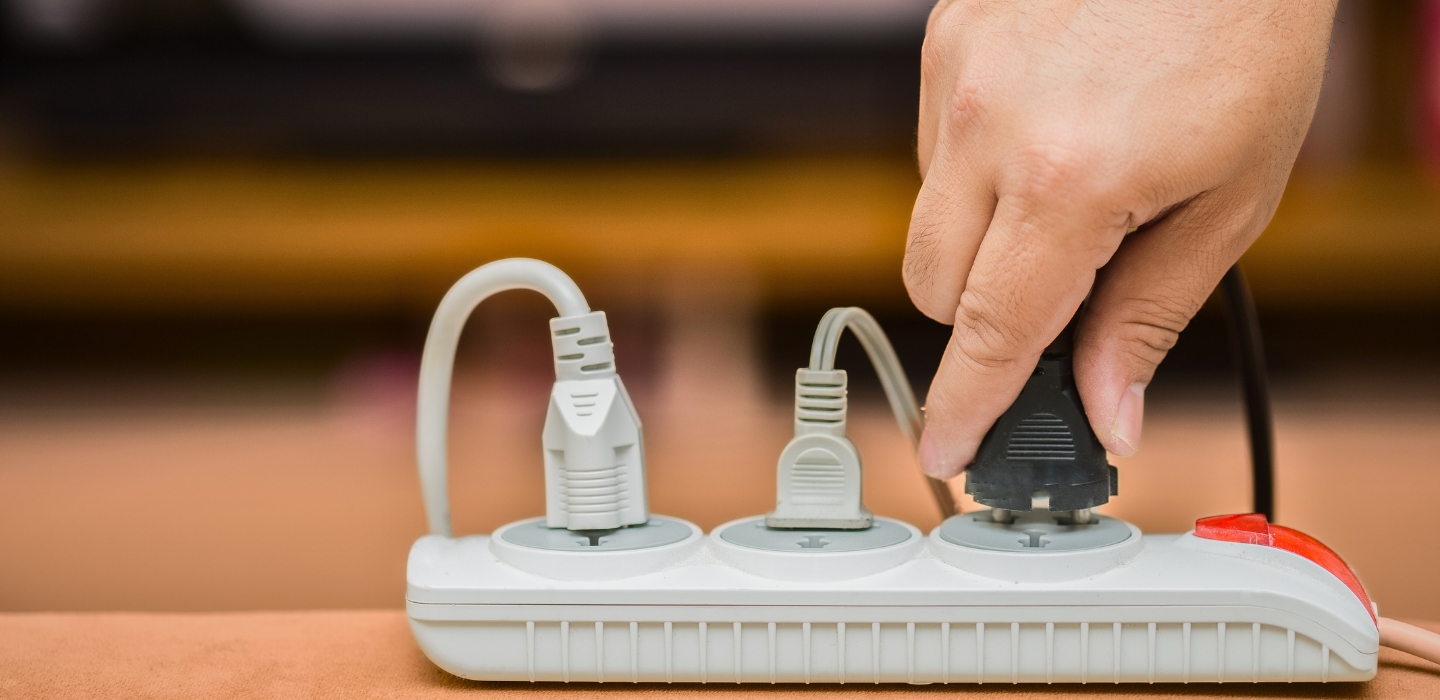5 Upfront considerations when getting a solar installation.

As the Philippine government continues to push for a more sustainable future, Businesses have begun looking for renewable energy sources that they can tap to comply with the law. As the most accessible alternative power source, solar is the choice. There are many things that businesses need to consider before getting a solar installation. For now, let us discuss four initial considerations every business needs to think of.
Initial Investment

Solar installations require large amounts of capital, the bigger the system is. Although the cost of the materials and equipment needed for the solar system has gone down through the years, the sheer number can bump the cost up, not to mention the relevant fees for processing documents with the respective LGUs.
On the bright side, there are numerous payment options or financial plans that can help with the investment needed. Loans for green initiatives have given opportunities to many businesses to start on their sustainability journey.
For MSpectrum, we offer tailor-fit solar solutions that can be adjusted to the customer’s budget. This way, we can find a way to essentially find a middle ground between the customer’s requirements with their working capital.
Actual Electricity Consumption

Proper solar installations should not be plug-and-play systems. A common misconception for those interested in solar is that they can get a system that is capable of compensating for their whole electricity bill. This is generally not the case as a solar PV system cannot generate electricity during nighttime.
The ideal scenario is to have a solar system that can generate enough electricity for the facility’s daytime operations—which for large-scale commercial buildings is generally half of their total electricity consumption.
Understanding how much electricity you consume daily and how solar can help support this is the key to achieving operational efficiencies through solar PV systems.
Space Constraints

Rooftops are the most common areas where solar installations are placed. Often, they are also the limiting factor that dictates how large a system can be placed. Alternatively, customers may opt to make use of other facilities like carports or elevated structures to serve as the base for their PV systems. Aside from that, other variables might affect where the solar panels are to be installed.
For example, tall neighboring buildings might end up producing shade that can affect the power generation of a solar installation. This should be considered while designing the system as even a small amount of shading can greatly reduce the efficiency of a solar installation.
Maintenance and Repairs

Solar installations on average can last for up to 25 years. Through that lifespan, the system needs very little maintenance. To ensure that the system continues to safely operate at optimal capacity, regular maintenance must still be done. In the case of solar installations, regular maintenance means having it done just once or twice a year.
Having no moving parts makes PV systems extremely resilient to wear and tear. Because of this, inspections and maintenance of the facility will almost only be composed of simple panel cleaning and equipment recalibration.
Regulatory and Permitting Processes

In parallel with the installation should be the processing of all the relevant legal documents allowing the operation of the solar system. Although most of these are just fees and submissions of compliance documents, it’s essential to prepare all relevant legal documents that might be needed by your LGU. Every solar installation needs to be compliant with the latest codes, ordinances, and regulations to not only obey the law but to also ensure the safety of the facility.
Knowing the local regulations, permits, and grid connection requirements is advantageous for commercial property owners especially since these will usually be the same documents needed to officialize and allow the operation of your solar installation.
Conclusion
Solar installations are an investment. They are not something that should be bought on impulse. Instead, you, as the customer, need to study the efficiencies, costs, and benefits of getting one. For businesses, the five considerations mentioned here are just some of the most basic items to consider before delving deeper into the decision of energizing your business with solar.
For expert advice on solar, contact MSpectrum! A wholly owned subsidiary of Meralco focused on providing solar solutions to commercial customers nationwide.
For all your solar service needs, choose wisely. Choose Spectrum!
Spectrum offers tailor-fit solutions for industrial, commercial, and residential customers through an in-depth understanding of energy consumption behaviors and strategic partnerships with world-class technology partners.
Backed by Meralco’s energy expertise and proven safety track record, the renewable energy company has been providing services and solutions to help customers reduce their costs while taking part in saving the planet.
Share this article:










